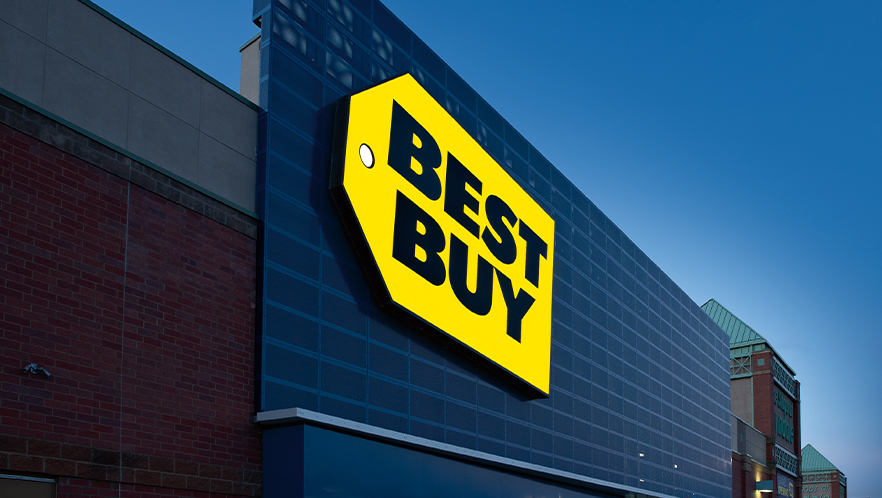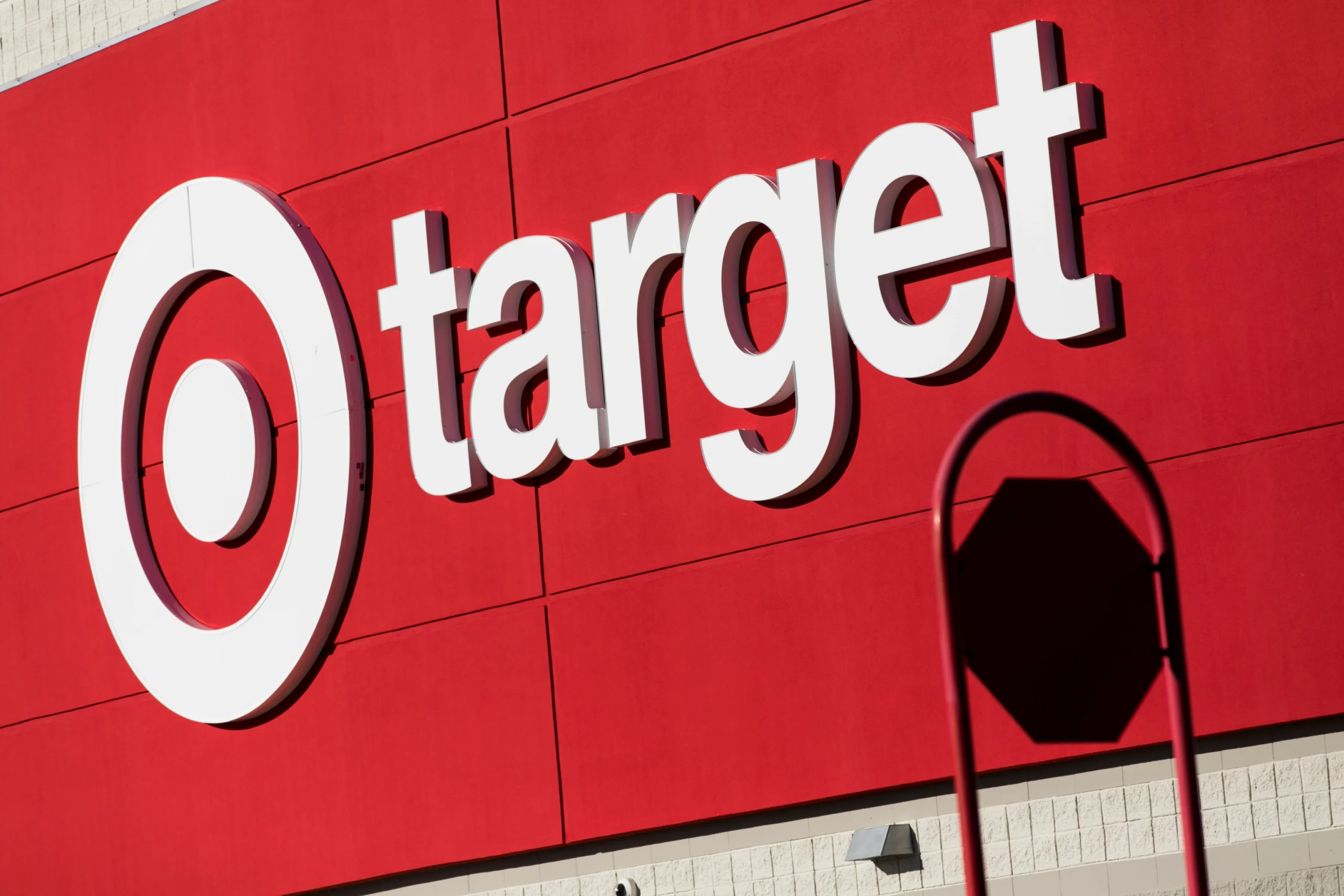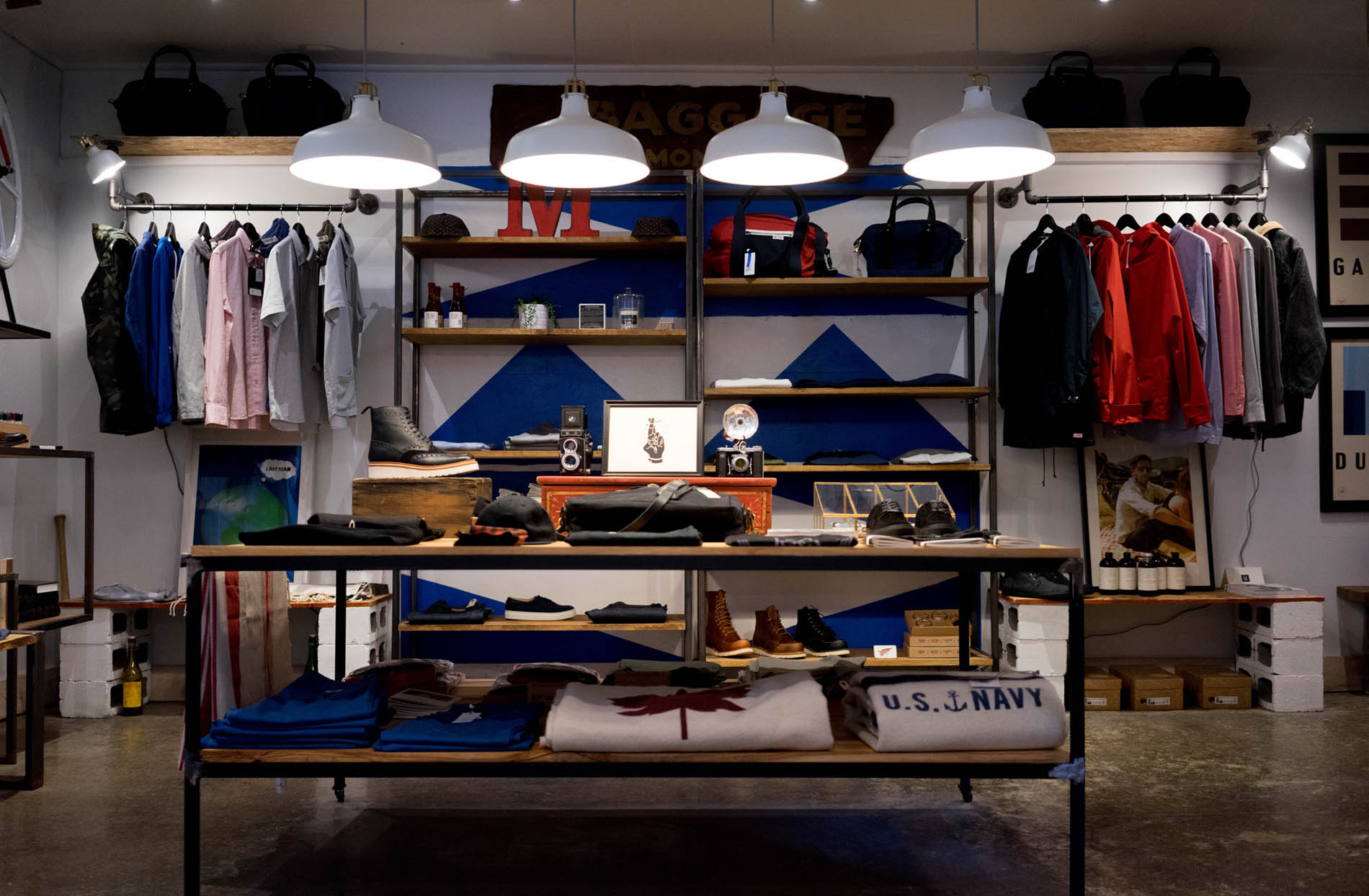Expanding into the US retail market is an exciting opportunity for any foreign product brand. However, selling your products in the United States comes with its own set of challenges that go far beyond language or logistics.
At Retailbound, we work with hundreds of product startups and manufacturers headquartered outside the US, and we often see the same avoidable mistakes. In this post, we’ll highlight the most common challenges and share proven strategies for foreign brands looking to successfully grow retail sales in the United States.
Major Obstacles Foreign Product Brands Face
Launching and growing a product brand is challenging enough in your home country — but doing it across borders introduces new complexities. Here are some of the biggest hurdles foreign startups encounter when entering the US market:
-
Low Brand Awareness
American consumers often don’t know who you are, and your usual marketing tactics may not translate effectively (sometimes literally). Localization and brand education are key. -
Operational Challenges Across Time Zones
Managing retail operations, logistics, support, sales, and marketing from halfway across the world is no small feat — especially when dealing with time zone differences of 6 to 13 hours. -
Different Retail Ecosystem
The US retail environment is unique. From retail terms and distributor structures to marketing expectations, many assumptions that work in your local market won’t apply directly in the US.
Understanding these differences early can save you from wasted time, money, and effort.
Common Mistakes Foreign Product Brands Make
Even experienced manufacturers and established brands can stumble when expanding into the US. Here are two of the most common — and costly — mistakes we see:
1. Relying on Commission-Only Sales Partners
It’s tempting to hire a “commission-only” partner who promises big retail connections with no upfront cost. On paper, it sounds risk-free — if they don’t sell, you don’t pay.
Unfortunately, this rarely works out as expected. Commission-only partners usually don’t provide the sustained marketing, logistics, and channel support needed for long-term success. They focus on quick wins, not brand-building.
Retail buyers and distributors care less about how much product you can sell them and more about how much profit your product can generate for them. Without consumer demand and a strong retail strategy, even the best connections won’t translate to consistent purchase orders.
Pro tip: Getting a meeting with a retailer or distributor is not the hard part — generating demand and maintaining sell-through is.
2. Hiring Full-Time US Employees Too Early
Many foreign brands believe that hiring full-time US staff is the best way to manage retail growth. While it might seem like a comprehensive solution, it’s often an expensive and risky move for early-stage brands.
Between salaries, benefits, and overhead, costs can skyrocket quickly. For example:
-
A Marketing Manager typically earns $45,000–$75,000 per year.
-
Specialized sales, logistics, or retail experts can cost significantly more.
Beyond cost, there’s also the issue of turnover. The US retail market is competitive, and finding someone who truly understands your brand’s challenges — especially as a foreign company — can be difficult and time-consuming.
A Smarter Model for Foreign Product Brands Entering the US Market
Rather than relying solely on distributors, sales reps, or full-time hires, many successful foreign brands are adopting a “part-time” or “outsourced” retail management model — and seeing faster, more cost-effective results.
At Retailbound, we’ve helped numerous international startups and manufacturers grow their US retail presence using this flexible approach.
Our model provides:
-
Access to retail experts with 10–25 years of experience on both sides of the retail buyer’s desk.
-
Scalable monthly hours tailored to your business stage — costing thousands less than a single entry-level employee.
-
Stronger North American retail relationships that lead to faster purchase orders and repeat sales.
-
Comprehensive channel management, including sell-through support, logistics coordination, and ongoing retailer communication.
This approach allows foreign product brands to grow strategically — without the heavy financial risk or learning curve of doing it alone.
Final Thoughts
Breaking into the US retail market as a foreign brand can be challenging, but with the right strategy and experienced partners, it’s absolutely achievable. Focus on building consumer demand, understanding the unique retail landscape, and leveraging expert help where it matters most.
If you’d like to learn more about how Retailbound helps international brands succeed in the US retail space, reach out to Yohan Jacob at yjacob@retailbound.com



